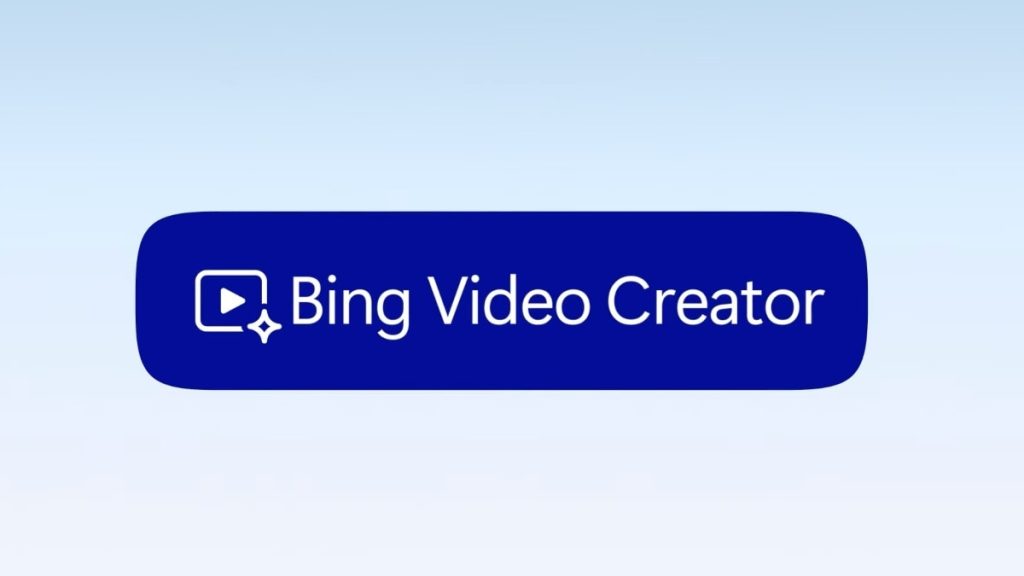Microsoft is expanding its suite of AI-powered tools with the launch of Bing Video Creator, a new feature now available in the Bing mobile app for iOS and Android. The tool allows users to generate short video clips from simple text prompts, powered by OpenAI’s Sora, a sophisticated video generation model that has, until now, been limited to paying customers.
This marks the first time Sora is being offered for free to the public, thanks to Microsoft’s deepening partnership with OpenAI, into which the tech giant has invested billions of dollars. Microsoft previously integrated OpenAI’s image generator DALL·E into Bing in 2023, and the introduction of Sora continues that trajectory.
At launch, Bing Video Creator is limited to mobile, with support for desktop and Copilot Search expected to follow in the near future. Users can access the feature by either selecting the new “Video Creator” button from the app menu or typing prompts directly into the search bar with commands like “Create a video of…”.
The AI-powered tool currently generates 5-second videos in a vertical 9:16 format, aligning with platforms like Instagram and YouTube Shorts. Microsoft has confirmed that a horizontal 16:9 aspect ratio will be supported soon. Users can queue up to three videos at once and will receive notifications when their clips are ready, although generation times can vary significantly, even when using the “Fast” mode.
Initially, users are given 10 free Fast video generations. After that, additional Fast generations can be unlocked by redeeming 100 Microsoft Rewards points per video, points that can be earned by using Bing for searches or shopping via the Microsoft Store. Standard (slower) generations remain free, although they may take hours to process.
“Whether you’re letting your imagination run wild, bringing a story to life, or looking for that perfect video to communicate what you’re thinking, Bing Video Creator puts the power of video creation at your fingertips,” the Bing team said in a statement.
Videos generated through the tool are stored for 90 days, after which they are automatically deleted, so users are encouraged to download and share their creations in time.
Sora’s broader rollout follows a bumpy debut, including backlash from YouTube’s CEO over potential training data and concerns raised by early testers. Meanwhile, competition in the AI video space is heating up, with models like Google’s Veo 3 offering increasingly complex capabilities.
Still, Microsoft’s decision to make AI video creation freely accessible could be a significant step in democratising generative media tools, much like it did with AI-generated imagery two years ago.

